Never judge a book by its cover, and never judge a television show by its first season. It seems what initially came off two years ago as a half-hearted, uncertain attempt at adapting the Halo franchise for live-action is now a sure-footed TV outing full of intense drama, military intrigue, and character development for Pablo Schreiber’s Master Chief.
The second season of Halo on Paramount Plus almost feels like an apology letter to the fans. A lot of other production teams would’ve just ignored the critics, or blamed the outrage on the medium’s limitations and all the things that get lost in translation when you try to turn a first-person shooter game into a television show. In fact, our own review of season 1 tried to vindicate showrunners Kyle Killen and Steven Kane by focusing on just how difficult it is to portray a character like Master Chief in the cinematic domain. But instead of forging ahead with that flawed understanding of the story and the fictional sci-fi universe encompassing it, the folk at Showtime Networks and Amblin Television have listened to the community and made major adjustments to both Master Chief and the way this new plot unfolds in the conventional 50-minute TV format. And the result? A confident story that doesn’t so much backtrack from its controversial decisions as it improves on them every step of the way.
Halo’s most ardent gatekeepers will roll their eyes at that statement, but I wouldn’t be surprised if most of them got around to rooting for Pablo Schreiber by the time they watched the first half of season 2.
To understand what Halo season 2 gets right that season 1 didn’t, you have to look at what made the games click for so many people in the first place. Yes, it might have had to do with Bungie’s talent for making incredibly fun first-person shooter games. Yes, Halo came out at just the right moment to take advantage of the 3D video game craze of the early 2000s. And indeed, there are few games even today that can match strides with the franchise’s highly addictive and competitive multiplayer mode, which pits players against each other in meticulously crafted arenas and exotic battlegrounds to test their mettle against friends and online strangers. But to say that Halo is just about kickass game mechanics would be to severely downplay its influence on pop culture over the past two decades.
This story may have started as a video game series to help sell Microsoft’s Xbox consoles, but it has long since moved beyond that to become a multimedia franchise, spawning dozens of books, several extra-generic spinoffs, numerous adaptations, and an extensive lore that could conceivably rival big names like Star Wars and Star Trek. But more importantly, what makes Halo so special is the angle it chooses to approach the inundated sci-fi genre. Where Star Wars relies on mythology and melodrama, or Star Trek on science and exploration, Halo is, at its heart, a military story.
That’s the most important aspect of the Halo universe to get right when adapting the story for any active mediums out there, which ultimately goes back to the legendary soldier bringing it all together. Essentially, you want your Halo television show to reflect on the tragic reality of the soldier’s life, while also highlighting the importance of their sacrifice. You want to depict the soldier’s inner call to duty and responsibility, and what it feels like when the whole of humanity is locked in a devastating war of attrition against a much more powerful foe.
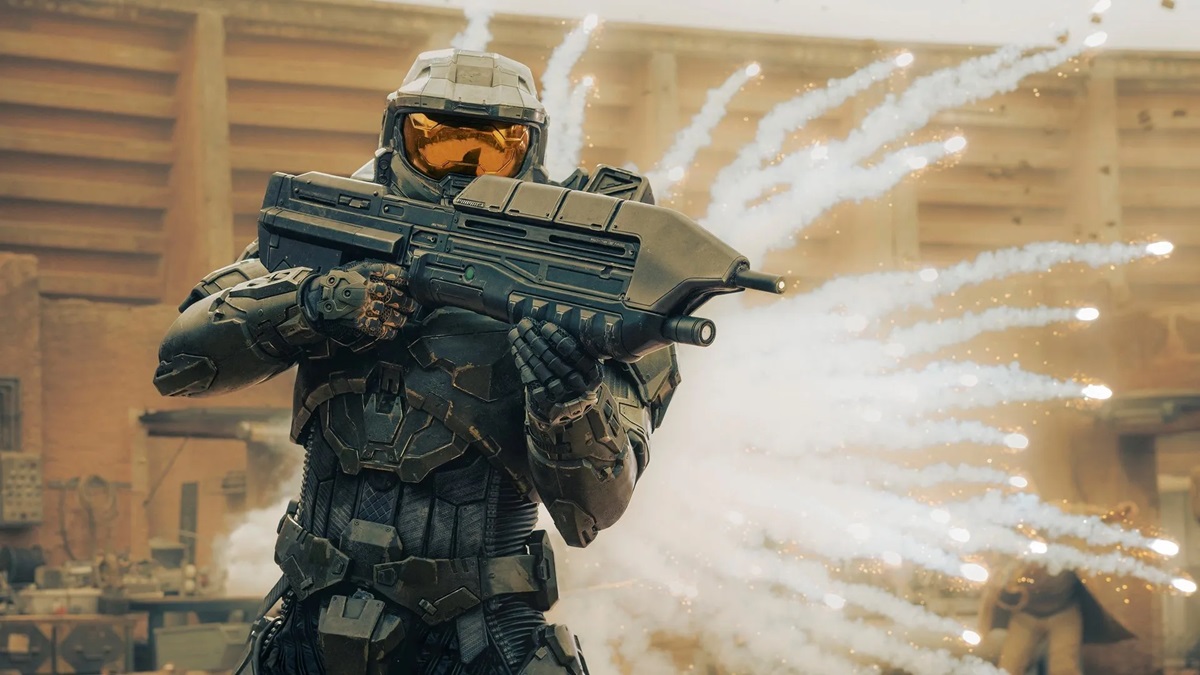
These are all the things that turn Halo into an iconic story, and these are all the things that were lacking in season 1. This outing, meanwhile, dispenses with all the unnecessary character moments and dives headlong into the thick of the Human-Covenant War. The first ten minutes of the season 2 premiere feature Silver Team (headed by Master Chief) as they attempt to evacuate a human colony under danger from imminent invasion. That cold open is followed by an epic fight scene where Master Chief engages several Sangheili elites and kills them in a most brutally satisfying manner.
Those first moments are a statement to the Halo fandom: “We’ve heard you loud and clear. This is the Master Chief you’ve always wanted to see, so we’re going to give it to you.”
No longer is John-117 haunted by his tragic past, unable to determine what his role and place is in this universe. No longer are we faced with an insecure, undecisive Master Chief, who more so resembles a man on a journey of self-discovery than humanity’s greatest weapons against the alien onslaught. This new Master Chief has made amends with the nature of the Spartan program and is now solely focused on what he does best; getting humanity out of whatever mire it finds itself at the moment, jumping at every opportunity to do the right thing, even if it means undermining the chain of command.
The Spartans in Halo season 2 aren’t fighting their inner demons. Sure, there are moments where the series will ruminate on what it means to be in the middle of this seemingly unending, hopeless conflict, but unlike season 1, that aspect of characterization doesn’t hog the runtime to a fault, instead taking a backseat and allowing Halo’s natural strengths to play out on the screen. While we could definitely see and appreciate what the writers were trying to do with season 1 in terms of dramatic representation, this new action-focused chapter of the story is more reminiscent of the Halo we’ve come to know and love all these years.
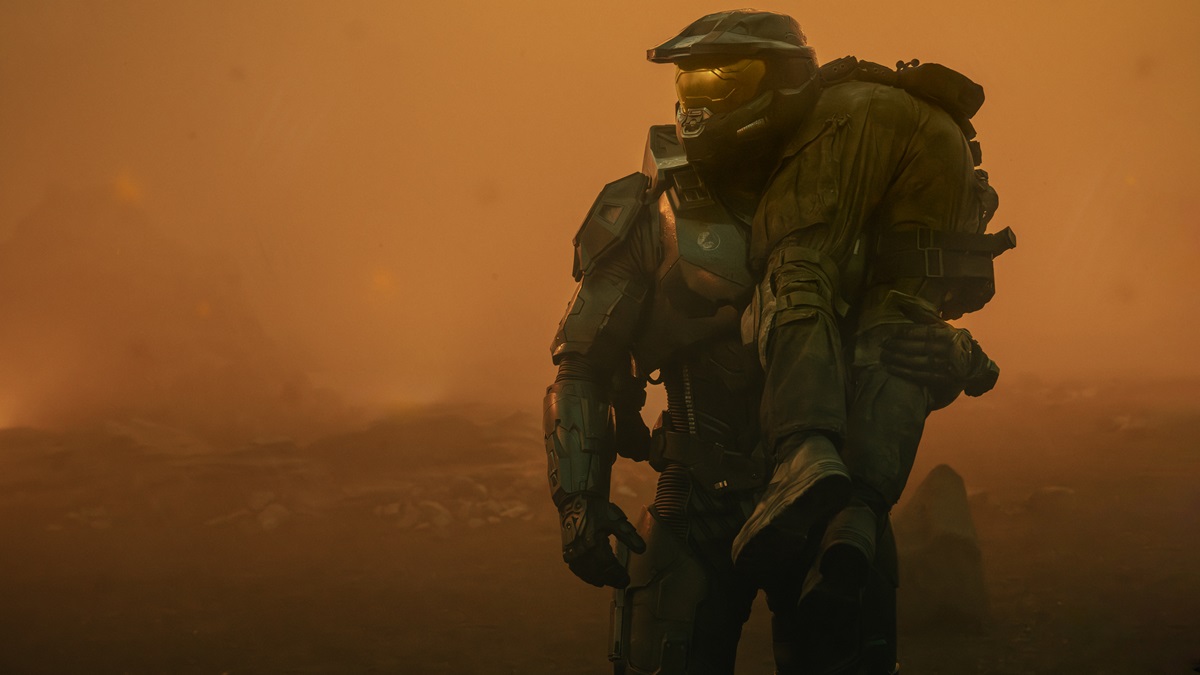
Certain characters will remain an enigma to the viewers. I can accept Makee (played by Charlie Murphy) as the story’s main antagonist, but I don’t really understand where she’s coming from in this conflict, or what her end goal is. Still, I’ve only watched the first couple of episodes in season 2, so the jury is still out on whether the story will shed some light on Makee.
Ultimately, by leaning on the franchise’s strengths rather than Hollywood’s failed generic formula for adaptations, Halo season 2 improves on the first outing and compensates for all the things it got wrong. There are even plotlines adapted directly from the Halo canon, which fans will undoubtedly find intriguing.
If you want to see the Master Chief kicking some serious Covenant backside instead of prowling the UNSC headquarters brooding over his existence, then make sure to catch the Halo season 2 premiere on February 8.

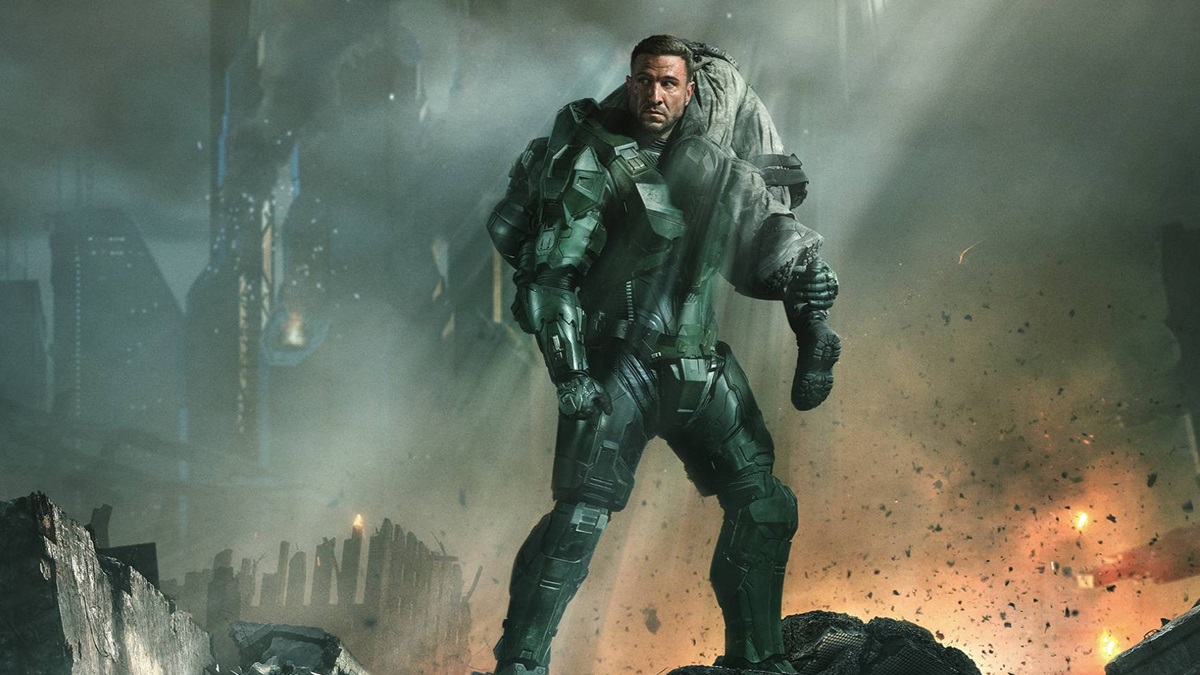
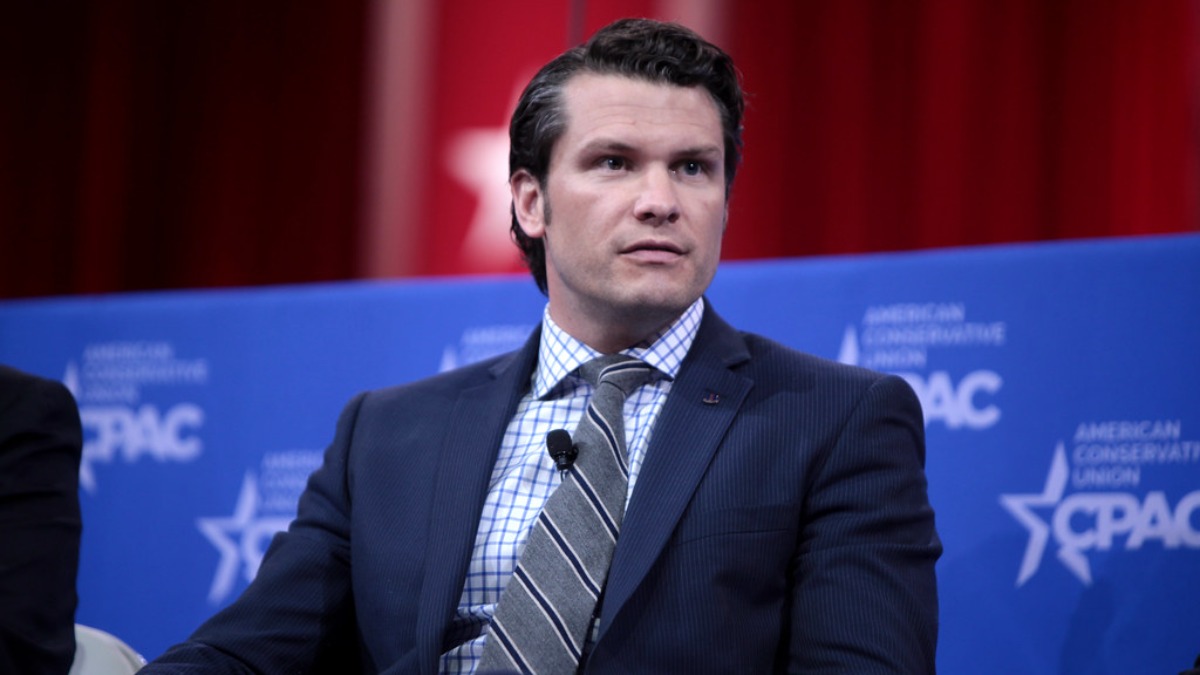
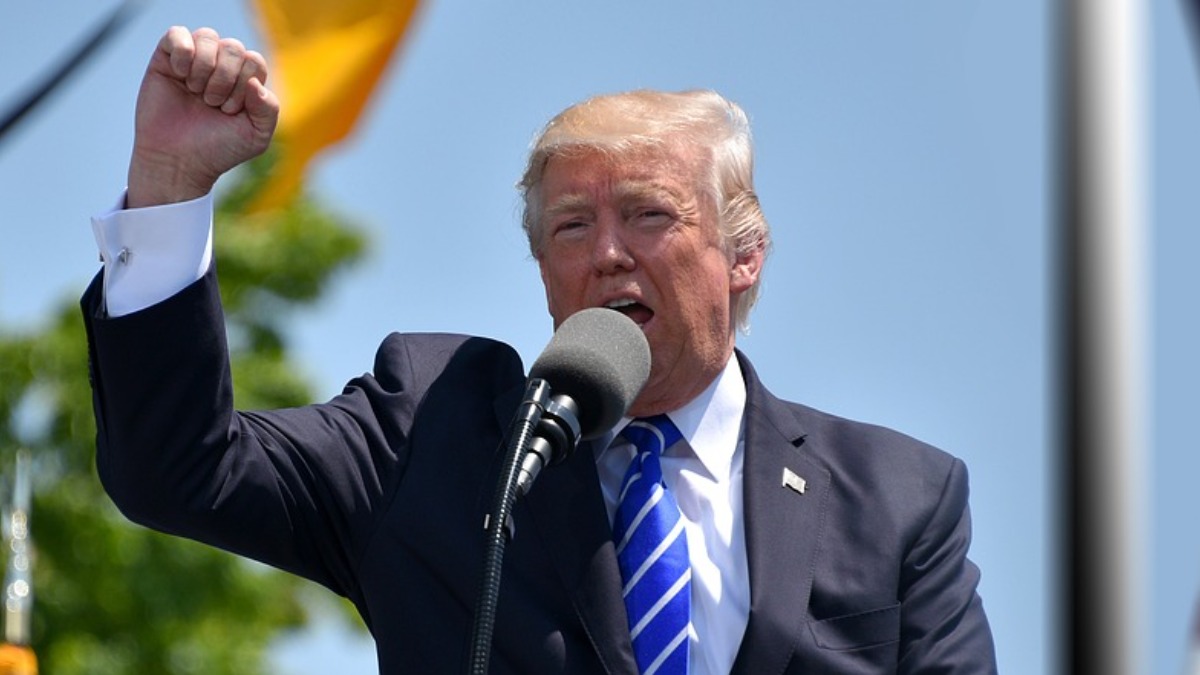

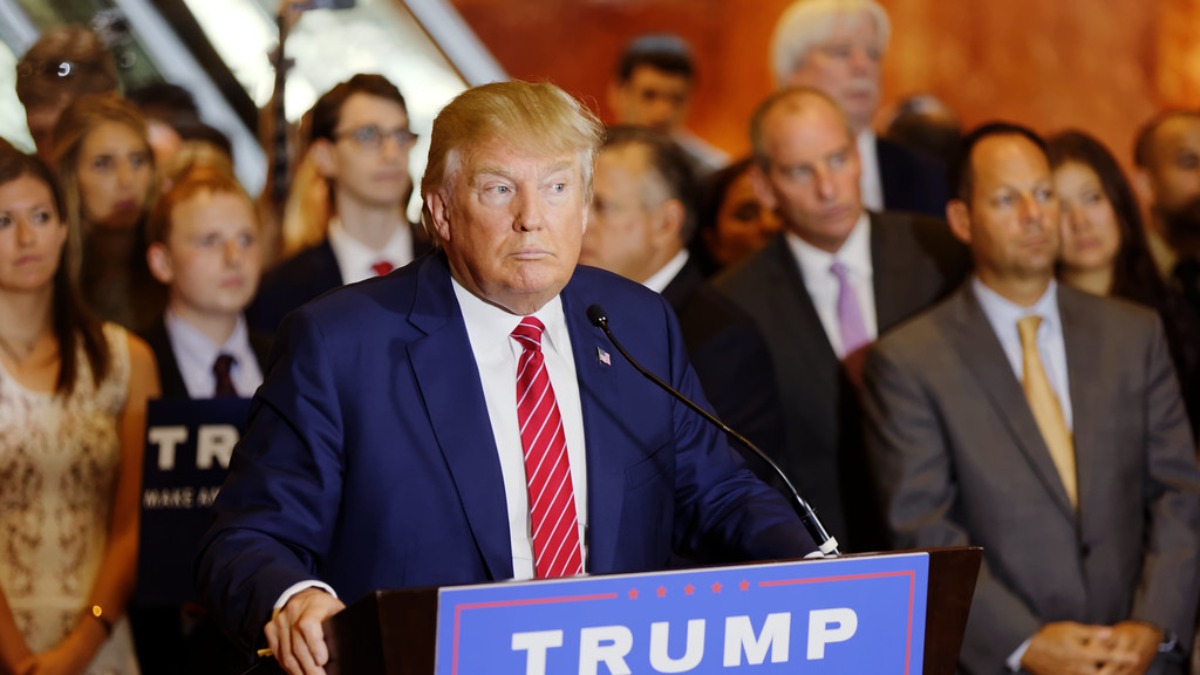

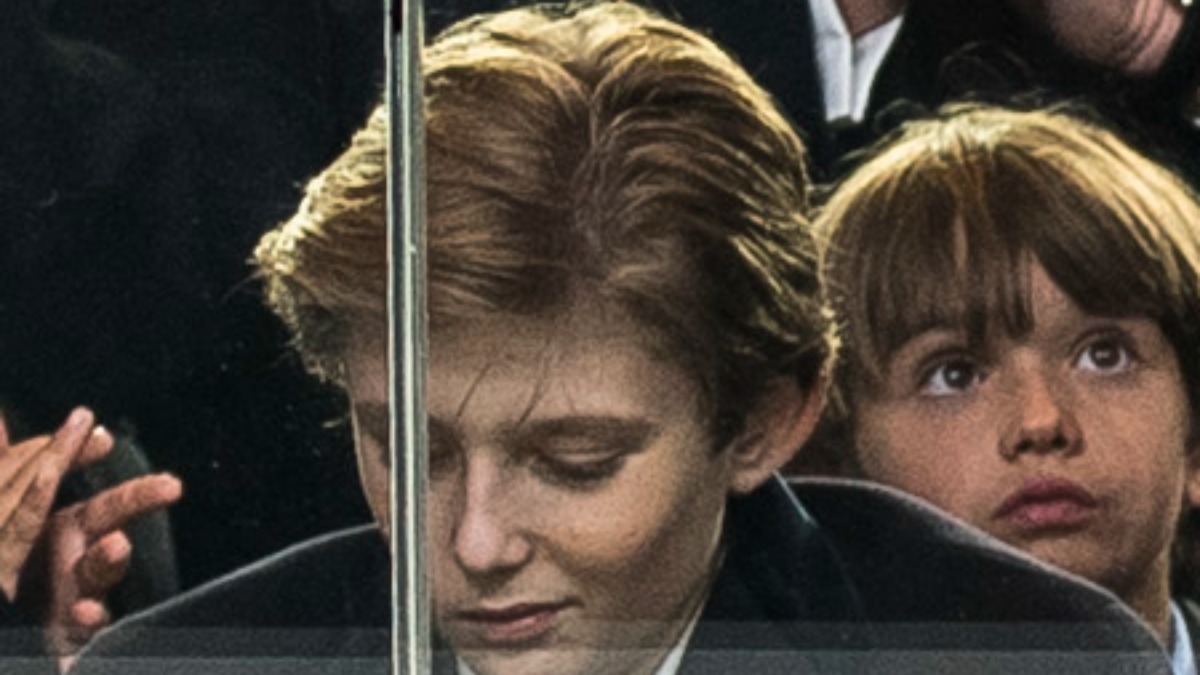
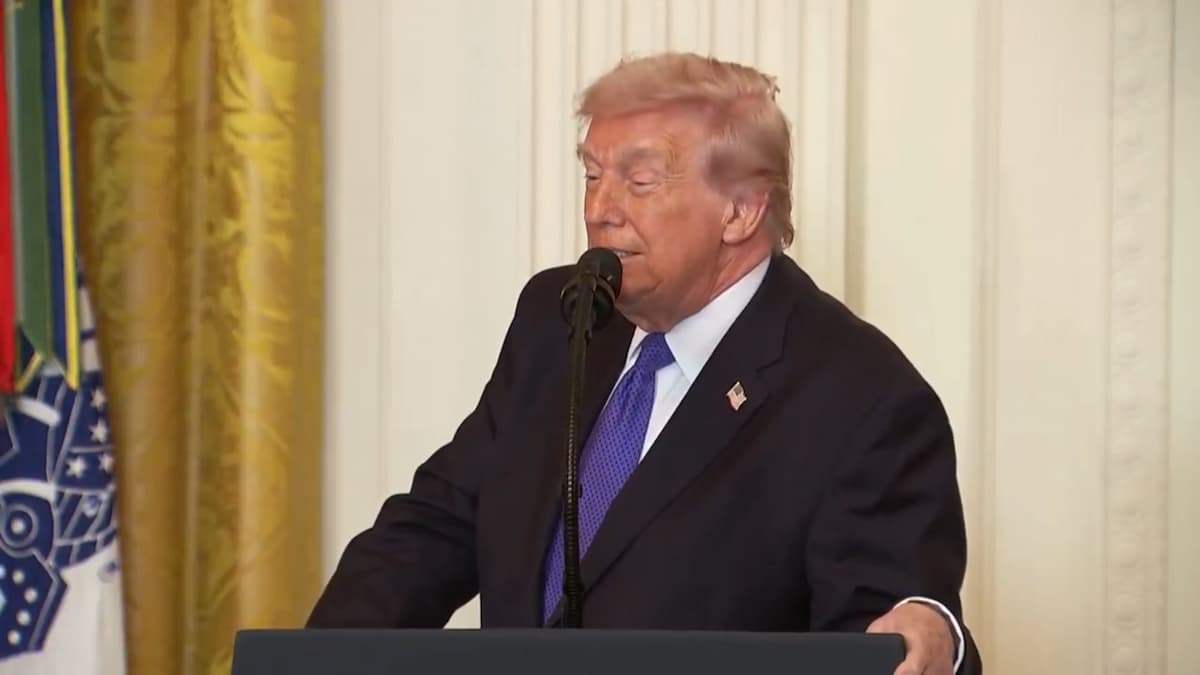
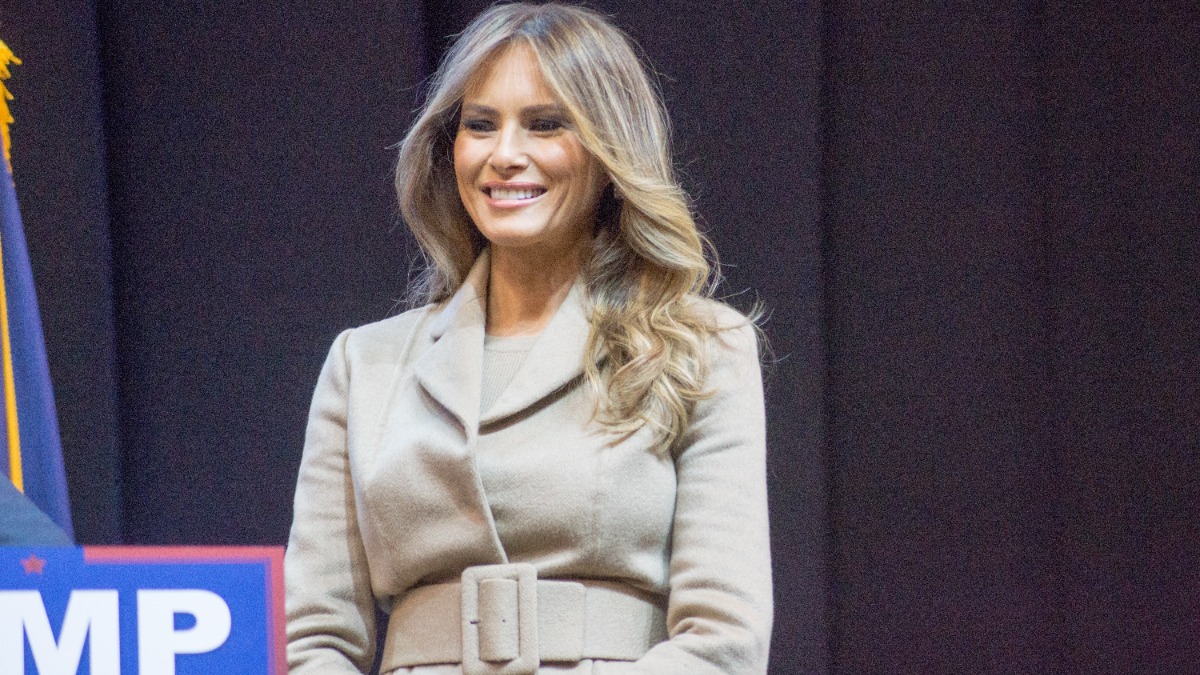
Published: Feb 5, 2024 02:32 pm